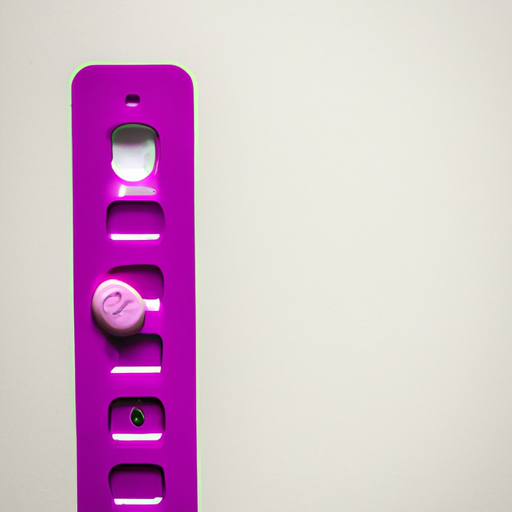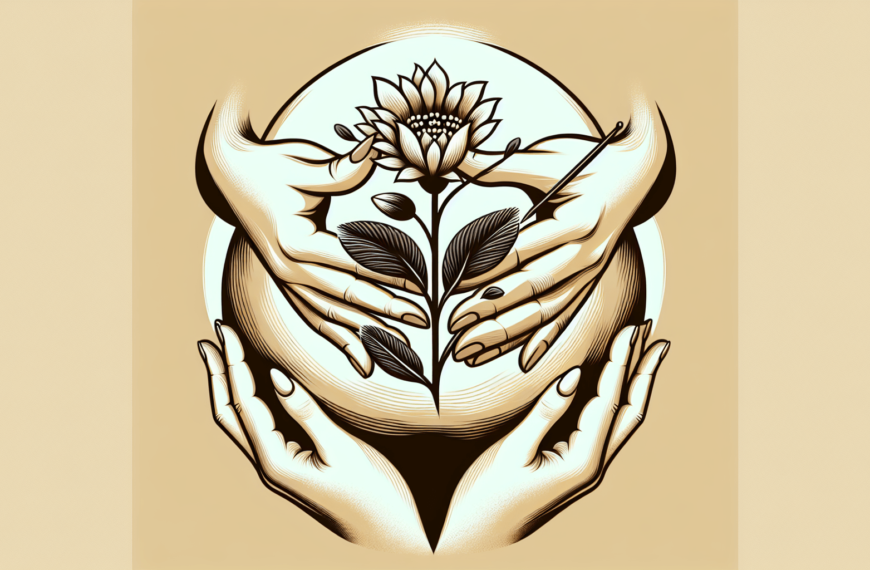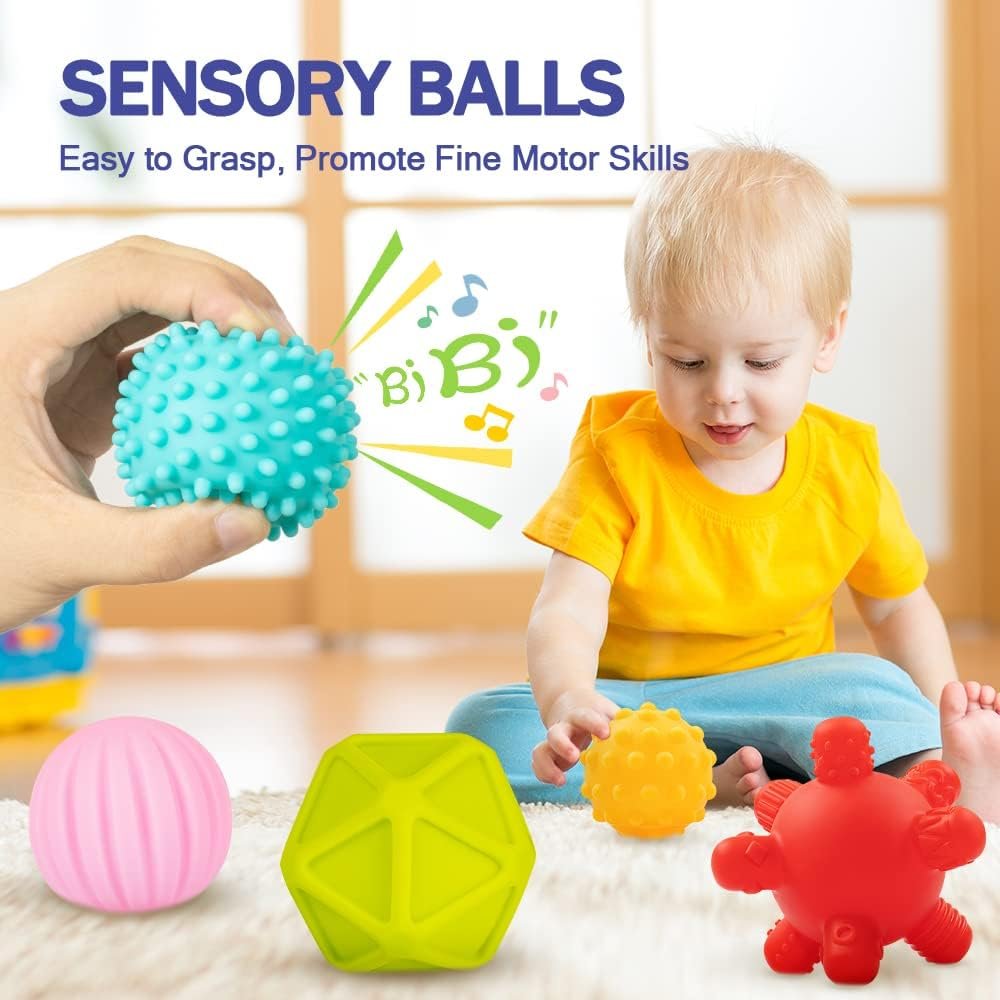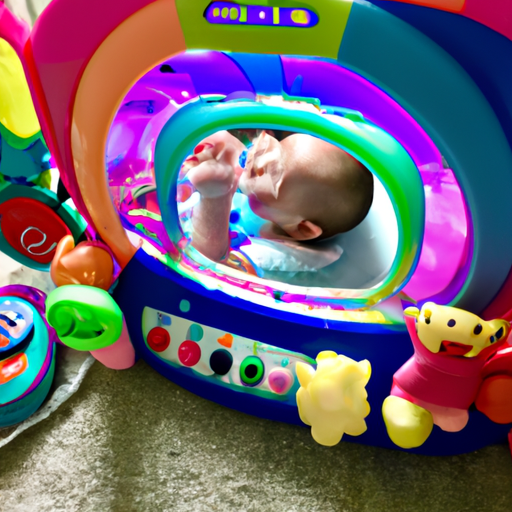“The Impact of Geriatric Pregnancy Stigma on Women’s Mental Health” explores the negative societal attitudes and stereotypes surrounding pregnancies in women over the age of 35. Despite the increasing trend of women delaying motherhood for various reasons such as financial stability and personal maturity, the stigma of having a child at an older age still persists. This article delves into the concept of “geriatric pregnancy” and its associated stigma, acknowledging the potential risks involved while emphasizing that the chances of severe complications are relatively low. It also highlights the adverse effects of this stigma on women’s mental health, including increased anxiety and pressure. To combat this stigma, the article suggests relying on scientific facts to dispel misconceptions and assert individual agency in family planning decisions.
Read more about the latest articles
What is the ‘Geriatric Pregnancy’ Stigma?
The term ‘geriatric pregnancy‘ is used to describe pregnancies in women over the age of 35. Although it is now more commonly referred to as ‘advanced maternal age,’ the negative connotations and stigma surrounding pregnancies in older women still persist. Society often views having a child after the age of 35 as somehow wrong or risky, despite advancements in medical care and low chances of complications.
Read more about the latest articles
Some Issues Do Increase with Age
While it is important to acknowledge that there are some increased risks associated with pregnancies in older women, it is crucial to remember that the chances of experiencing severe complications are still relatively low. Some of the issues that may occur more frequently in older pregnancies include congenital disorders and chromosomal conditions such as Down syndrome, miscarriage, ectopic pregnancies, placenta previa and abruption, preeclampsia, and gestational diabetes. However, it is worth noting that many older women still have uncomplicated pregnancies and give birth to healthy babies.
The Effects of Geriatric Pregnancy Stigma
The stigma surrounding geriatric pregnancy can have detrimental effects on a woman’s mental health. The perception that pregnancies in older women are high-risk can cause significant anxiety and fear during pregnancy. This anxiety is often fueled by fear-mongering articles and online misinformation that exaggerate the safety concerns of a 35-plus pregnancy. Increased anxiety levels can lead to higher stress levels and negatively impact the overall pregnancy experience.
Furthermore, the stigma surrounding geriatric pregnancy can also put pressure on younger women to have children at a younger age. The notion that anyone beyond their twenties is too old to have a child can lead to feelings of inadequacy and fear of running out of time. This external pressure, combined with internal pressure and societal stereotypes, can have a profound impact on a woman’s mental health and decision-making process.
Increases Anxiety in 35-Plus Pregnancies
The misconception that geriatric pregnancies are inherently high-risk can greatly increase anxiety levels in women over the age of 35. Fear, frustration, grief, anger, sadness, guilt, and mental health disorders are all emotions that can arise from the perception of a high-risk pregnancy. It is crucial to emphasize that while there are increased risks associated with age, not all pregnancies in older women are automatically high-risk. The anxiety and stress caused by the stigma can have negative impacts on both the mother and the baby.
Puts Pressure on Younger Women
The stigma surrounding geriatric pregnancy places undue pressure on younger women to have children at a younger age. By labeling pregnancies over the age of 35 as ‘geriatric,’ society creates the false notion that anyone beyond their twenties is too old to have a child. This can result in younger women rushing into parenthood before they are ready or fully prepared, leading to increased stress and potential mental health issues.
Feeling Pressure From Others
The widespread geriatric pregnancy stigma can lead to external pressure from friends, family, and even strangers. Unsolicited comments about a woman’s ‘biological clock’ or the need to start thinking about having children can be exhausting and anxiety-inducing. Such pressure from others can further exacerbate the stress and anxiety women may already be experiencing due to their own concerns. The constant reminders of societal expectations can have a significant impact on a woman’s mental health and decision-making process regarding starting a family.
How Can We Break the Stigma?
Breaking the stigma surrounding geriatric pregnancy requires education, awareness, and support. It is essential to emphasize the actual risks associated with pregnancies in older women while also highlighting the many successful and uncomplicated pregnancies in this age group. By arming women and society with accurate, scientific-backed information, we can combat harmful stereotypes and challenge misconceptions.
Acknowledging the increased risks but emphasizing the low chances of severe complications is crucial. Sharing statistics and research that show the relatively low likelihood of specific complications in older pregnancies can help alleviate anxiety and fears. It is important to highlight the advancements in medical care and the availability of tests, treatments, and monitoring that ensure a safe pregnancy journey for older women.
Uncovering problems and finding solutions is another effective way to break the stigma. By focusing on prevention measures, such as maintaining a healthy diet and regular blood pressure checks, potential complications can be minimized. Encouraging open conversations with healthcare providers about concerns and fears allows women to receive personalized guidance and support.
Ultimately, it is essential for women to remember that their pregnancy journey is their own. As long as they are healthy and receive appropriate medical care, no one else should dictate when they have a child. It is crucial to prioritize mental health and well-being throughout the decision-making process and to seek guidance from healthcare professionals who can provide accurate information and support.

















